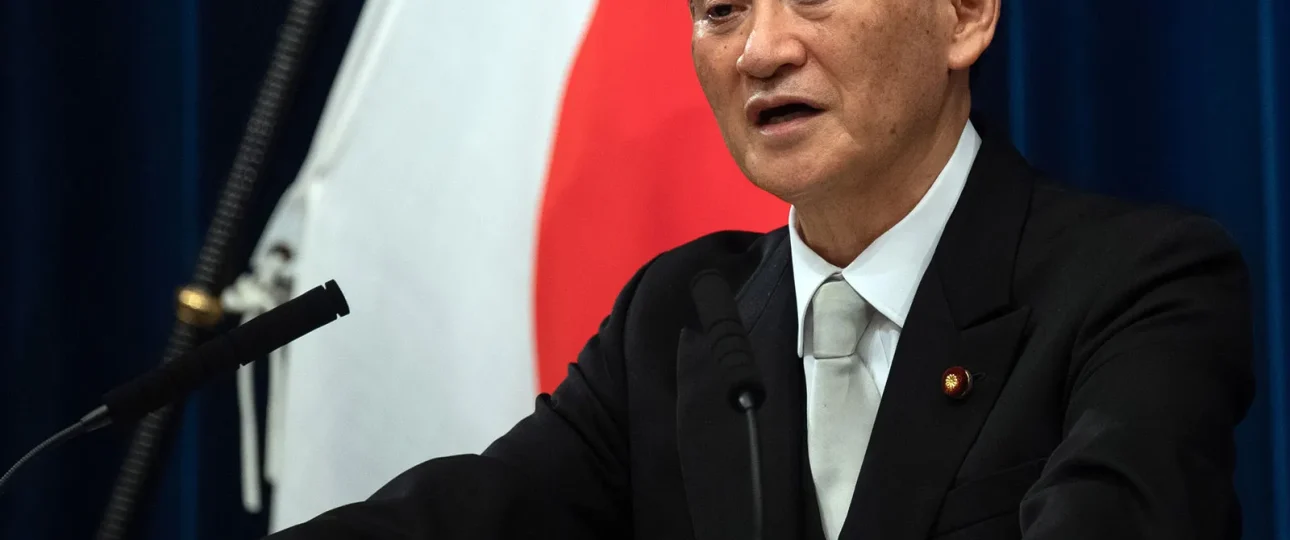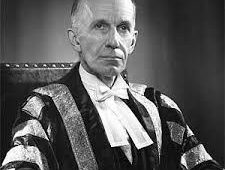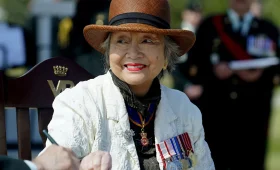memme.info – Yoshihide Suga served as the 99th Prime Minister of Japan from September 2020 to October 2021, following the resignation of Shinzo Abe. Suga’s tenure, though short, was marked by significant challenges, particularly in managing the COVID-19 pandemic, guiding Japan through its economic struggles, and handling political pressure within the ruling party. Suga’s leadership style, policy decisions, and the circumstances surrounding his premiership contributed to his political legacy and his eventual departure from office.
Early Life and Career
Yoshihide Suga was born on December 6, 1948, in the town of Akita, located in Japan’s northern region. Raised in a humble family, his early life was marked by hard work and resilience. His father worked as a farmer, and Suga often helped with the family business, which instilled in him a strong work ethic and a sense of responsibility. Suga’s academic background includes a degree from Hosei University, where he studied law, which provided him with a foundation for his future in politics.
Suga’s entry into politics began in the 1980s when he joined the local government in Yokohama. His political career gained momentum when he moved to Tokyo and began working as a secretary to a member of the House of Representatives. In 1996, Suga was elected to the House of Representatives himself, marking the beginning of his national political career.
Rise Through the Ranks
Before becoming Prime Minister, Suga was a prominent member of the ruling Liberal Democratic Party (LDP) and held several important roles in the government. His most notable position before assuming the premiership was as Chief Cabinet Secretary under Prime Minister Shinzo Abe, from 2012 to 2020. In this capacity, Suga was the top spokesperson for the government and played a critical role in shaping and communicating policy decisions.
During his time as Chief Cabinet Secretary, Suga became known for his efficiency, pragmatism, and no-nonsense approach to governance. He was often the face of the government in addressing the public, handling media relations, and managing crises. His reputation as a steady and reliable figure in the administration contributed to his rise within the LDP and his eventual candidacy for prime minister.
Becoming Prime Minister
In August 2020, following the resignation of Prime Minister Shinzo Abe due to health reasons, Yoshihide Suga emerged as the natural successor. Abe had been Japan’s longest-serving prime minister, and his departure created a power vacuum within the LDP. Suga, who had been Abe’s right-hand man for much of his tenure, was seen as the candidate most capable of maintaining political stability and continuing the policies of the Abe administration.
Suga won the leadership election of the LDP in September 2020, defeating his rivals, including former defense minister Shigeru Ishiba and former foreign minister Fumio Kishida. He assumed office as Prime Minister on September 16, 2020, vowing to continue Abe’s legacy while addressing some of the pressing issues facing Japan, such as the ongoing COVID-19 pandemic, Japan’s aging population, and economic stagnation.
Key Policies and Challenges
Suga’s time as Prime Minister was dominated by his response to the COVID-19 pandemic, a crisis that tested his leadership and ability to manage both public health and the economy. Japan, like many other countries, faced significant challenges in controlling the spread of the virus, particularly in the face of mounting pressure to hold the 2020 Summer Olympics in Tokyo amid the global health crisis.
COVID-19 Pandemic Response
Suga’s administration was thrust into the global health crisis shortly after he assumed office. Japan was dealing with rising COVID-19 cases, and the government had to balance public health measures with the desire to keep the economy functioning. The decision to delay the Tokyo 2020 Olympics by a year due to the pandemic was one of the first major actions Suga’s government took, though the games eventually went ahead in July 2021, under strict COVID-19 protocols.
Despite the challenges, Suga’s handling of the pandemic was widely criticized for delays in vaccine distribution and the government’s inconsistent messaging regarding health measures. The slow pace of vaccinations, as well as the Japanese public’s mixed reception to government policies, contributed to declining approval ratings for Suga’s government. These issues were compounded by the growing public opposition to holding the Tokyo Olympics during the pandemic, with many questioning the government’s priorities.
Economic Challenges and “Go To” Campaign
In addition to the pandemic, Suga’s administration faced the economic fallout from COVID-19, including recessions, job losses, and an economy in decline. In response, Suga introduced various economic stimulus measures, including the controversial “Go To” campaign, which aimed to boost domestic tourism by providing subsidies for travel within Japan. While the campaign was designed to help businesses affected by the pandemic, it faced criticism for encouraging travel during a time of rising cases, which further eroded public trust in the government’s handling of the crisis.
Suga also faced the challenge of addressing Japan’s long-standing economic issues, such as the nation’s aging population and a slow-growing economy. His administration sought to promote digitalization and promote structural reforms to improve Japan’s economic competitiveness, but these efforts were overshadowed by the pandemic’s effects.
Political Challenges and Declining Approval
As the pandemic wore on and Japan’s vaccination efforts were slow to ramp up, public frustration with the government grew. Suga’s approval ratings, which were initially high when he took office, began to plummet. Critics pointed to the government’s inability to handle the pandemic effectively and the public perception that Suga was not doing enough to prioritize people’s health and well-being.
In September 2021, facing mounting pressure and declining support from both the public and within his own party, Suga announced that he would not seek re-election as leader of the LDP. His decision to step down after less than one year in office marked the end of his premiership. Despite his short tenure, Suga’s time as Prime Minister was marked by the difficult circumstances surrounding the pandemic and his inability to navigate them effectively, leading to his political downfall.
Legacy and Conclusion
Yoshihide Suga’s time as Prime Minister was defined by the unprecedented challenge of managing a global pandemic. While his efforts to maintain political stability and guide Japan through economic recovery were notable, his leadership was overshadowed by the inability to control the pandemic and its far-reaching impacts on Japanese society. The decision to hold the Tokyo Olympics amid the crisis, coupled with public dissatisfaction with the handling of the pandemic, led to his resignation in 2021.
Despite his relatively brief time in office, Suga’s leadership underscored the challenges faced by Japan’s government in a rapidly changing world. While he may not be remembered as a transformative leader, his role in guiding Japan through one of the most difficult periods in its modern history remains significant. His resignation opened the door for a new era of leadership in Japan, with Fumio Kishida assuming office shortly after, inheriting the complex challenges that Suga’s government had struggled to address.
Yoshihide Suga’s legacy will be remembered as one marked by his efforts to continue the policies of his predecessor, Shinzo Abe, and his attempts to steer Japan through a turbulent period, but also for the difficulties he faced in implementing effective measures during an ongoing global health crisis.



